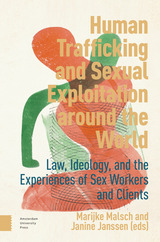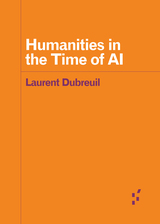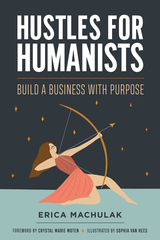15 start with A start with A

In Calvin’s Geneva, the changes associated with the Reformation were particularly abrupt and far-reaching, in large part owing to John Calvin himself. Adultery and Divorce in Calvin’s Geneva makes two major contributions to our understanding of this time. The first is to the history of divorce. The second is in illustrating the operations of the Consistory of Geneva—an institution designed to control in all its variety the behavior of the entire population—which was established at Calvin’s insistence in 1541. This mandate came shortly after the city officially adopted Protestantism in 1536, a time when divorce became legally possible for the first time in centuries.
Robert Kingdon illustrates the changes that accompanied the earliest Calvinist divorces by examining in depth a few of the most dramatic cases and showing how divorce affected real individuals. He considers first, and in the most detail, divorce for adultery, the best-known grounds for divorce and the best documented. He also covers the only other generally accepted grounds for these early divorces—desertion.
The second contribution of the book, to show the work of the Consistory of Geneva, is a first step toward a fuller study of the institution. Kingdon has supervised the first accurate and complete transcription of the twenty-one volumes of registers of the Consistory and has made the first extended use of these materials, as well as other documents that have never before been so fully utilized.
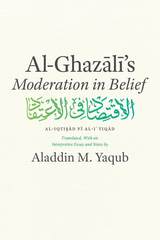
The first complete English-language edition of Moderation in Belief, this new annotated translation by Aladdin M. Yaqub draws on the most esteemed critical editions of the Arabic texts and offers detailed commentary that analyzes and reconstructs the arguments found in the work’s four treatises. Explanations of the historical and intellectual background of the texts also enable readers with a limited knowledge of classical Arabic to fully explore al-Ghazali and this foundational text for the first time.
With the recent resurgence of interest in Islamic philosophy and the conflict between philosophy and religion, this new translation will be a welcome addition to the scholarship.
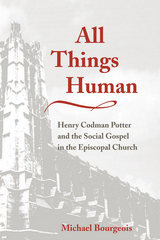
In addition to being the sixth bishop of the Diocese of New York, Henry Codman Potter (1835-1908) was a prominent voice in the Social Gospel movement of the late nineteenth and early twentieth centuries. This book, the first in-depth study of Potter's life and work, examines his career in the Episcopal church as well as the origins and legacy of his progressive social views.
As industrialization and urbanization spread in the nineteenth century, the Social Gospel movement sought to apply Christian teachings to effect improvements in the lives of the less fortunate. Potter was firmly in this tradition, concerning himself especially with issues of race, the place of women in society, questions of labor and capital, and what he called "political righteousness." Placing Potter against the wider backdrop of nineteenth-century American Protestantism, Bourgeois explores the experiences and influences that led him to espouse these socially conscious beliefs, to work for social reform, and to write such works as Sermons of the City (1881) and The Citizen in His Relation to the Industrial Situation (1902).
In telling Potter's remarkable story, All Things Human stands as a valuable contribution to intellectual and religious history as well as an exploration of the ways in which religion and society interact.
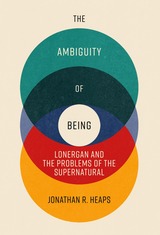


In this careful analysis and evaluation of the monumental influence of Niebuhr, Werpehowski traces four streams that flow from Niebuhr's theology, particularly as it deals with ethics. In a tightly knit and comprehensive investigation of the work of four contemporary ethicists, important in their own right, Paul Ramsey, Stanley Hauerwas, James Gustafson, and Kathryn Tanner, Werpehowski explores how the legacy of Niebuhr has made an impact on their thought and work. He presents a clear, concise, nuanced, analytical criticism of the development of the four ethicist's construction of ethics-and does it in a way that interweaves and puts the four into a dialogue and conversation with Niebuhr and each other.
Addressing a number of substantive issues, including the viability of just war tradition and the relationship between "church" and "world," American Protestant Ethics and the Legacy of H. Richard Niebuhr demonstrates that Christian ethics operates within a set of polar tensions and that such "conversations" as are developed within need to be a part of moral discourse inside and between a variety of communities of faith.


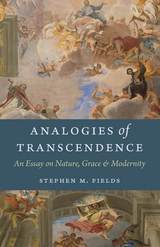
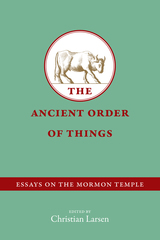
Christian Larsen has assembled a collection of essays that illuminate the role of the temple and its rocky relationship with controversial subjects such as race and marriage. Some temples were built, abandoned, and given new life; others were either constructed for temporary use or never built at all. The nature of LDS temple ordinances is such that what LDS members deem sacred, others dismiss as secret.

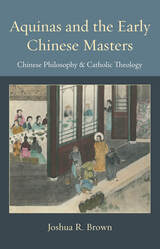
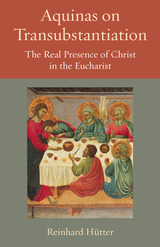
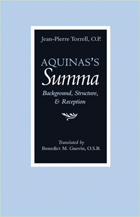

The responses in At a Breezy Time of Day are occasioned when someone writes or phones with a request for an interview. There may be a common theme but often side questions come up. We are curious about what someone has to say – about sports, about God, about Plato, about education, about books, about just about anything. Usually central questions occur. The same question can be answered in different ways. We often have more to say on a given topic than we do say on our first being asked about it.
These interviews appeared in various on-line and printed sources. Having them collected in one text makes the interview form itself seem more substantial. Interviews too often seem to be passing, ephemeral things, but often we want to hold on to them. There is something more existential about them. Yet there is also something more lightsome about them also. The truth of things seems more bearable when it is spoken, when it has a human voice.
So, as the title of this collection intimates, we begin with the very first interview in the Garden of Eden. We touch many places and issues. The interview always has somewhere even in its written form the touch of the human voice. The one who interviews invites us to speak, to tell us what we hold, why we hold it. Interviews are themselves part of that engagement in conversation that defines our kind in its search for a full knowledge of what is.
We know that when we have said the last word, much remains to be said. We can rejoice both in what we know, and in what we know that we do not know. I believe it was Socrates who, in an earlier form of interview at the end of The Apology, alerted us to be aware of what we know and to await the many other interviews that we hope to carry on with so many others of our kind in the Isles of the Blessed.
READERS
Browse our collection.
PUBLISHERS
See BiblioVault's publisher services.
STUDENT SERVICES
Files for college accessibility offices.
UChicago Accessibility Resources
home | accessibility | search | about | contact us
BiblioVault ® 2001 - 2025
The University of Chicago Press


